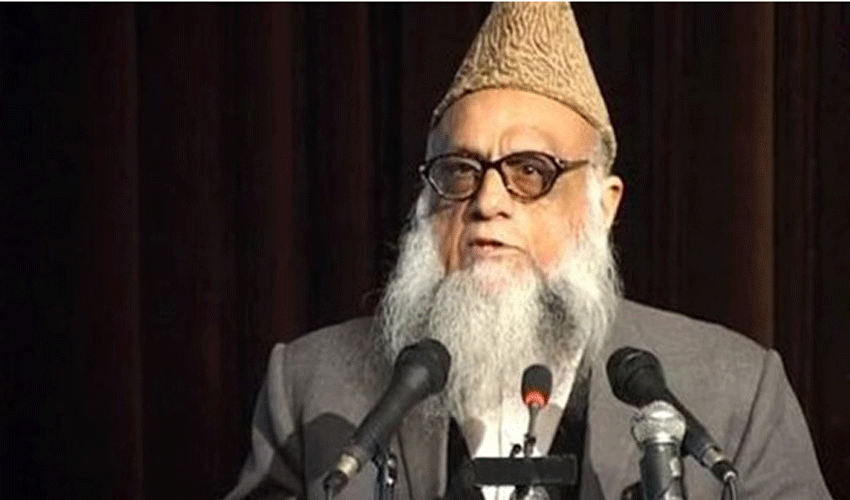In a move to safeguard the integrity of the upcoming European Union elections scheduled for June, Meta, the parent company of social media giants Facebook and Instagram, has announced the formation of a dedicated team to counter deceptive artificial intelligence (AI) content.
Expressing concerns over the potential misuse of generative AI technology to manipulate voters, Meta unveiled plans to establish an "EU-specific Elections Operations Centre." This center aims to identify and mitigate potential threats posed by AI-generated misinformation across its platforms in real-time.
Marco Pancini, Meta's head of EU affairs, emphasized the company's commitment to bolstering safety and security measures, citing investments exceeding $20 billion and a substantial expansion of its global team dedicated to these efforts.
However, industry experts have raised reservations regarding Meta's approach. Deepak Padmanabhan from Queen's University Belfast pointed out perceived shortcomings, particularly regarding the efficacy of addressing AI-generated images. Padmanabhan highlighted the intrinsic challenges in discerning the authenticity of such content, especially in scenarios depicting sensitive events like clashes between protesters and law enforcement.
Despite the skepticism, Meta remains resolute in its mission to combat AI-driven misinformation. The company disclosed plans to collaborate with additional fact-checking organizations across the EU and to implement warning labels on misleading content, including those featuring AI-generated elements. Ads undermining the legitimacy of the vote or questioning election processes will be prohibited.
While Meta acknowledges the enormity of the task ahead, Pancini emphasized the importance of industry-wide collaboration and called for concerted efforts from governments and civil society to address the pervasive threat of AI-driven misinformation.

























